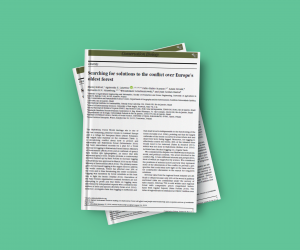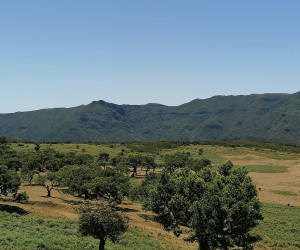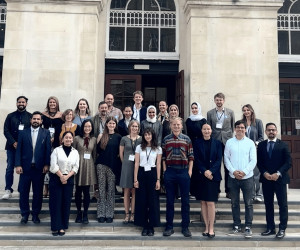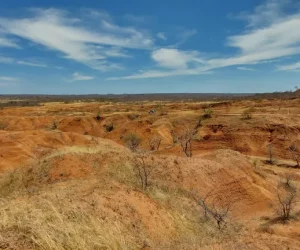About IIS > Internal collaborator
Fabio Scarano
Collaborating Researcher
Fabio Scarano is a Forest Engineer from Universidade Federal de Brasília (UNB), Ph.D. in Ecology from the University of St. Andrews, Scotland, and member of the Linnean Society of London.
Professor of ecology at Universidade Federal do Rio de Janeiro (UFRJ) since 1993 and professor at the Professional Master in Sustainability Science, at the Department of Geography and Envioronment at the Pontifical Catholic University of Rio de Janeiro (PUC-Rio), in partnership with the Centre of Conservation and Sustainability Sciente of Rio (CSRio). He also acted in the UN panels on climate (IPCC; 2011-2014) and biodiversity (IPBES; 2014-2017). Worked in companies in the Brazilian forest sector (1986-1988), as well at CAPES-MEC (2005-2011) as Research Director of the Rio de Janeiro Botanical Garden (2007-2009), Senior Vice President for the Americas of the NGO Conservation International (2009-2015) and Executive Director of the Brazilian Foundation for Sustainable Development (2015-2018).
Fabio has authored over 100 scientific publications on biodiversity, climate change and sustainability, and awarded the Jabuti Prize for the books Brazilian Biomes: Portraits of a Plural Country (2012) and Atlantic Forest: A History of the Future (2014). His current topics of interest include adaptation to climate change, the science-political interface in the socio-environmental arena, and the history and relationships between concepts and theories about nature, the biosphere, sustainability and Gaia.
Related Content
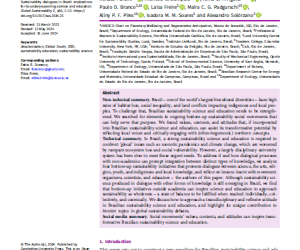
Sustainability dialogues in Brazil: implications for boundary-spanning science and education
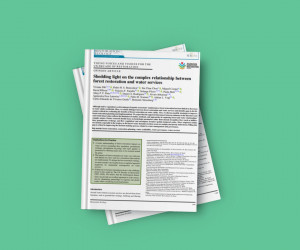
Shedding light on the complex relationship between forest restoration and water services
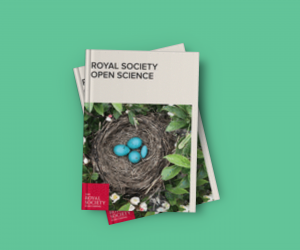
Soil ecosystem services in tropical regions: a systematic review
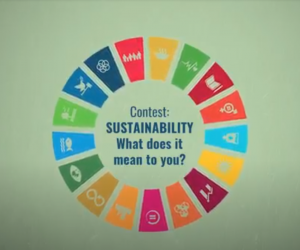
15.04.21
Winners of the contest “SUSTAINABILITY: What does it mean to you?”
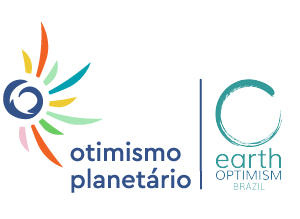
01.03.21
Earth Optimist Brazil 2021
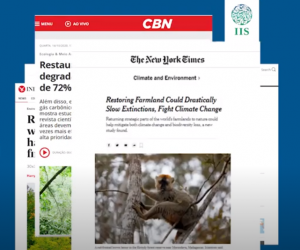
09.02.21
2020 in retrospective

14.10.20
Restoring Farmland Could Drastically Slow Extinctions, Fight Climate Change

14.10.20
Rewild to mitigate the climate crisis, urge leading scientists

Nature: Global priority areas for ecosystem restoration
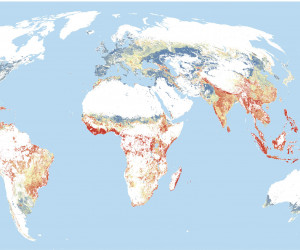
14.10.20
Restoring 30% of the world’s ecosystems in priority areas could stave off more than 70% of projected extinctions and absorb nearly half of the carbon built up in the atmosphere since the Industrial Revolution
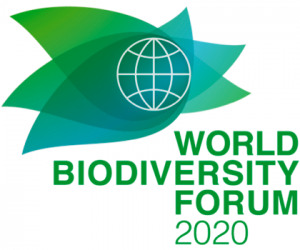
28.02.20
IIS team members attended the World Biodiversity Forum
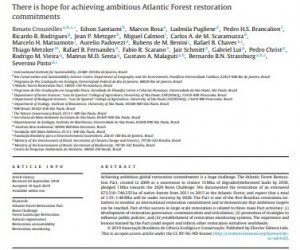
There is hope for achieving ambitious Atlantic Forest restoration commitments
